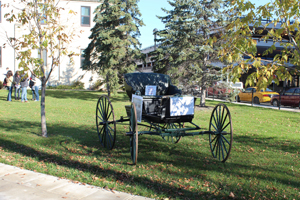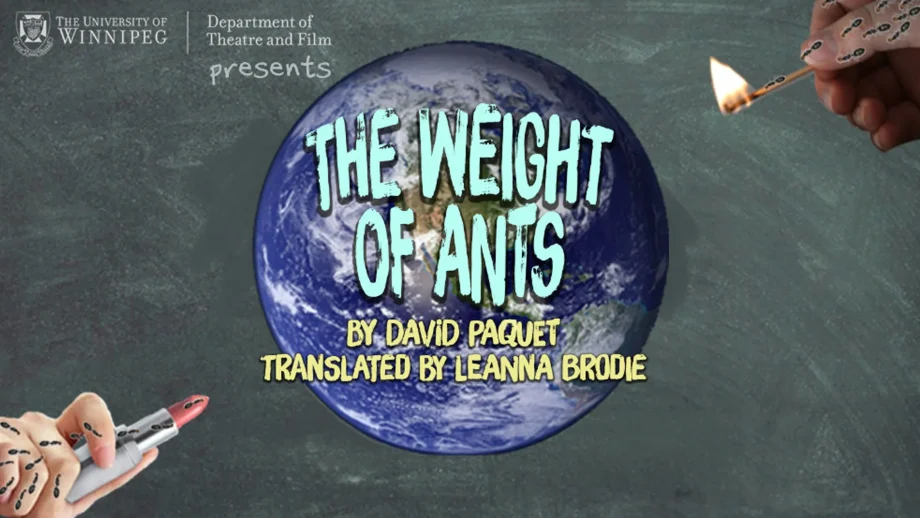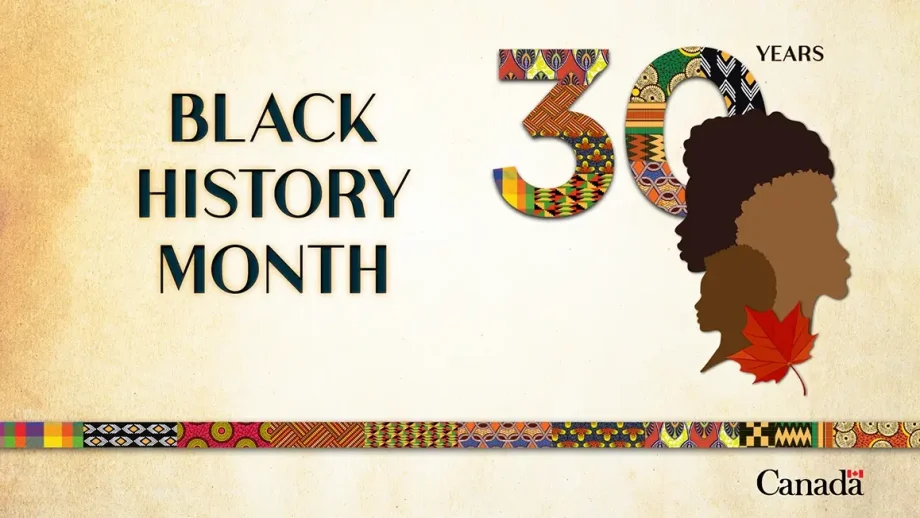WINNIPEG, MB – A great deal of scholarly attention has been directed to Amish farm communities, mostly located in the United States. These `horse and buggy’ people are held up as models of anti-modernity, a people close to nature, rooted in large families and close-knit communities, emphasizing humility, discipleship, forgiveness and other spiritual values. They have their share of social problems, but they are known especially for their communitarian faith, simple lifestyle, plain dress, dependence on animals and traditional technologies. They especially learn from wisdom passed down through the generations.
Canada too has its `horse and buggy’ traditionalists. Some 4000 so-called `horse and buggy’ Old Order Mennonites live in southern Ontario. An additional 70,000 similarly traditionalist, Canadian-descendant Old Colony Mennonites have settled in Central and South America. They live in close-knit agrarian communities in English-speaking Belize and Spanish-speaking Mexico, Paraguay, Bolivia and Argentina. Both the Old Order and the Old Colony people practice anti-modern pathways, but they are the subjects of much less attention than the Amish, and often they are either misunderstood or ignored.
Anti-Modern Pathways: `Horse and Buggy’ Mennonites in Canada, Belize and Latin America is an academic conference that examines the culture of both the Old Order Mennonites of southern Ontario and the most traditionalist of the Old Colony Mennonites of the Americas. It seeks to understand their ways, their perspectives, their relationships, and their religious faith in historical context. This history conference asks how it has been possible for these anti-modern people to survive in the modern world. It examines both the accomplishments and the social problems associated with anti-modern pathways. The conference highlights studies by twelve scholars from throughout Canada and Europe who have done field work in Mexico, Southern Ontario, Eastern Pennsylvania, Bolivia, Argentina among Old Order and Old Colony Mennonites. Others will share personal stories of their experiences among the Old Colony people.
The conference is co-sponsored by the D.F. Plett Historical Research Foundation and the Chair in Mennonite Studies at The University of Winnipeg.
It will be held in Convocation Hall at The University of Winnipeg October 21 and 22, 2011. There is no cost to attend.
For more information contact:
Chair in Mennonite Studies:
Royden Loewen, 204 786 9391; email: r.loewen@uwinnipeg.ca
D.F. Plett Historical Research Foundation, Inc.
Hans Werner, 204 786 9352; email: h.werner@uwinnipeg.ca





